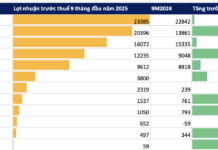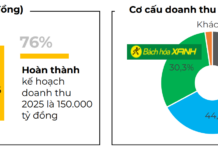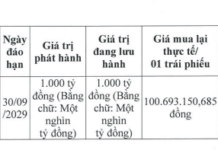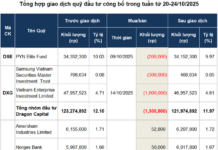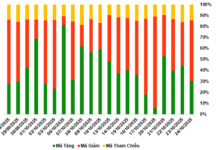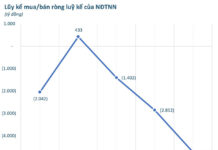Continuing Session 31 of the National Assembly, on the morning of March 18, delegates questioned the Minister of Finance about irregularities in auditing and valuation in recent cases.
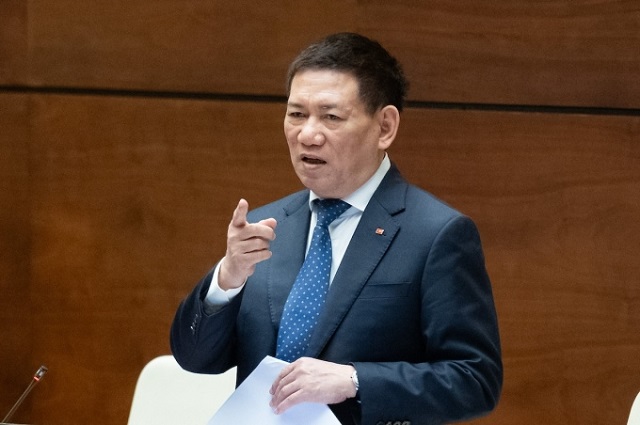
Minister of Finance Ho Duc Phoc answering questions at the session
|
Tightening auditing activities
Regarding the issue raised at the session, delegate Pham Van Hoa (Dong Thap) said that according to reports, the country currently has 200 independent audit firms.
In the past period, many firms have conducted good audits, but there are also firms that have overlooked errors in their auditing targets for the personal interests of auditors, leading to financial losses for the State, covering up wrongdoings, and negative effects.
A typical example is the SCB case, which involved three large-scale independent audit firms with irregularities. Therefore, the delegate requested the Minister of Finance to clarify solutions to prevent and deter negative practices in private auditing.
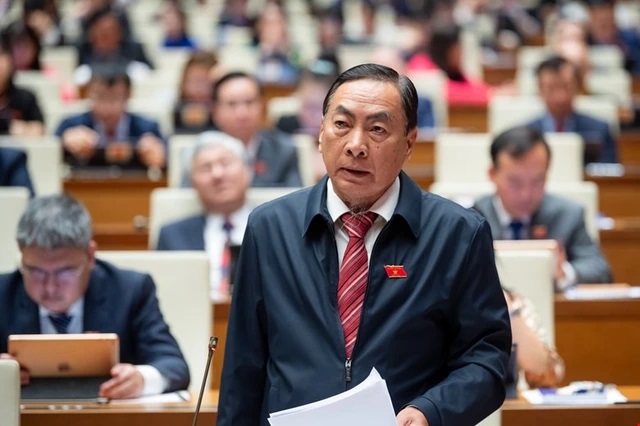
Delegate of the National Assembly Pham Van Hoa (Dong Thap) questioning
|
In response to the questions, Minister of Finance Ho Duc Phoc stated that there have been irregularities in independent audits in some criminal cases.
According to the Minister, this is related to many factors, including the capability of audit personnel in audit companies, the sense of responsibility of auditors, and the deliberate violation of laws to commit wrongdoings.
In terms of audit work, the Ministry of Finance has implemented Party directives, tightening training and certification of auditors, setting conditions in accordance with legal regulations, and organizing examinations and strict training.
“Usually, auditors from any year have never passed with a score above 30%. The Ministry of Finance has issued guidelines and methods for audits. However, in the future, we will continue to tighten the activities of audit companies, re-examine the files, and punish and handle strictly any wrongdoings,” emphasized the Minister.
In addition, the Ministry will focus on improving professional ethics, culture, and qualifications to fulfill the profession.
Preventing companies from turning into valuation tools
At the session, delegate Ta Van Ha (Quang Nam) stated that in recent cases of wrongdoing, the role of valuation companies is crucial as they have responsibilities, or even help lower or raise prices.
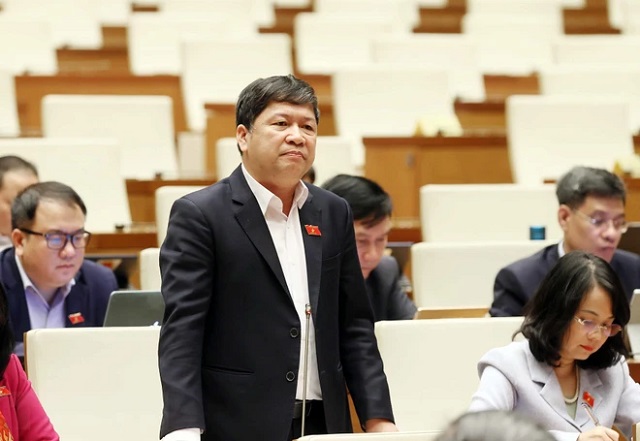 Delegate of the Provincial People’s Council Ta Van Ha
|
According to the delegate, there are various reasons, but the main one is the excessive number of valuation companies. Therefore, the delegate requested the Minister of Finance to clarify the Ministry’s responsibility in this matter and propose solutions to overcome these limitations in the near future.
In response to the delegate’s questions, the Minister of Finance stated that there are only a few hundred valuation companies nationwide, and the Ministry of Finance tightly manages the certification process for appraisers.
The wrongdoings in recent cases are mainly due to appraisers deliberately committing irregularities.
“Furthermore, we must acknowledge that there are still loopholes that appraisers take advantage of,” the Minister emphasized, giving examples related to land prices.
For example, surplus valuation in land appraisal is a method based on assumed investment rates and estimates.
“There are many different parameters. Different parameters lead to irregularities, and valuation agencies have to take responsibility,” said the Minister of Finance.
Therefore, Minister Phoc believes that the wrongdoings of valuation companies are partly due to legal regulations, and partly due to intentional violations by appraisers. Any irregularities need to be disciplined and even handled criminally.
In response to the questions of delegate Nguyen Dai Thang (Hung Yen), in order to improve the quality of valuation in 2023, it is proposed to add new content regarding technical barriers for businesses to enter the market, such as increasing the number of appraisers from 3 to 5, regulating the proportion of capital participation… However, many opinions have expressed doubts about these regulations, as increasing the “quantity” does not necessarily mean improving the “quality.” Therefore, the delegate requested the Minister to evaluate this opinion.
In response to the questions, the Minister of Finance stated that according to regulations, branches of valuation companies must have 2-3 people, and the percentage of enterprises participating must not exceed 35%, while those with appraiser cards must be over 50%.
Recently, there have been no cases of valuation companies being controlled by shareholders to commit wrongdoings.
However, in order to improve the quality of valuation, it is necessary to carry out cross-checks, tighten management, and raise standards. This is also one of the contents to ensure the quality of valuation and prevent cases where companies without valuation functions become major shareholders in valuation companies, turning them into tools and compromising the independence of valuation activities. Minister Ho Duc Phoc emphasized.
Valuation companies are specialized businesses operating under certain conditions. That requires skilled professionals to work in the field, so those shareholders must account for over 50%.
This is a solution, and to implement it correctly, it must begin with the quality and capacity of appraisers, facilities and equipment of appraisers, working methods, professional ethics, and character of appraisers.
The Ministry of Finance will regularly update technology, perfect legal aspects, regularly train and retrain, issue certifications, and carry out inspections in accordance with the functions and roles of the Ministry.









